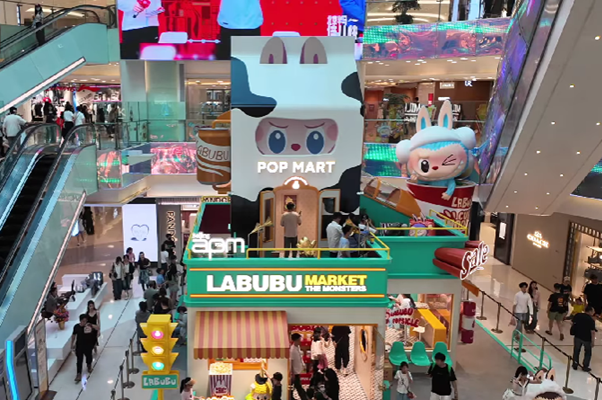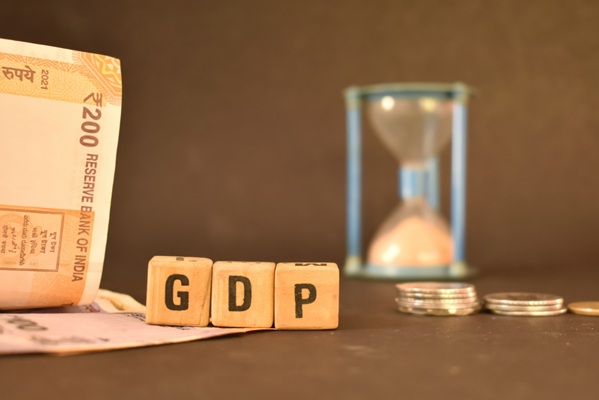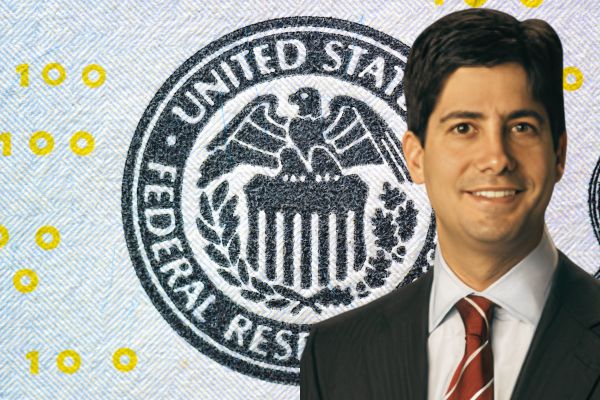.png)
Gurumurthy, ex-central banker and a Wharton alum, managed the rupee and forex reserves, government debt and played a key role in drafting India's Financial Stability Reports.
September 27, 2025 at 5:11 AM IST
Labubu Syndrome (n.): A collective mania marked by compulsive hoarding of cute but overpriced vinyl figurines, driven by nostalgia, manufactured scarcity, and social-media contagion — the 2020s’ answer to tulip mania, Beanie Babies, and NFTs.
History is generous with absurdities. Seventeenth-century Dutchmen mortgaged homes for tulips. Americans in the 1990s stuffed attics with Beanie Babies. Tech bros in the 2020s spent fortunes on pixelated monkeys, only to discover their “investments” aged worse than floppy disks.
Now we have Labubu Syndrome.
For the uninitiated, Labubu is a wide-eyed, pointy-eared vinyl creature created by Kasing Lung under the Pop Mart label. Part gremlin, part rabbit, part fever dream, it stands a few inches tall and sells as “art.” To critics, it is nostalgia dressed as speculation. To anthropologists, it proves humans will worship anything if it comes in a blind box.
Yet Labubu Syndrome is not about the toy. It is about the compulsion to have one - or ninety nine. It begins with a friend flaunting a “Shiny Pastel GID Special.” You smile, then Google the resale price. Soon you are queuing around a Hong Kong mall, elbowing teenagers and professionals alike, convinced happiness depends on a soap-sized plastic bunny.
Unlike normal consumerism, Labubu Syndrome has a distinct profile. Compulsion (It always begins with “just one.” Soon apartments resemble shrines to a demonic rabbit), delusion (Owners whisper about “limited editions” as if scarcity guarantees wealth), social contagion social media overflow with unboxings, each squeal a digital infection), and detachment from reality (Figurines resell for hundreds, sometimes thousands).
Marketing Machine
Marketers drape this in a scientific patina: scarcity bias, loss aversion, social proof. Pop Mart converts dopamine into dividends. It is the oldest trick in capitalism: don’t just sell a product, sell an identity. Marlboro sold rebellion, Apple sold “thinking different,” Labubu sells nostalgia in vinyl. Cigarettes ruined lungs, iPhones ruined attention spans, Labubu ruins bank accounts.
Pandemic of Plastic
Governments appear unbothered. Hong Kong’s GDP now fluctuates with Labubu drops. Beijing quietly prefers citizens bickering over colorways to complaining about real estate.
Economists debate whether Labubu is a bubble, a Veblen good, or simply Keynesian animal spirits. The math is cruel either way. Early entrants cash out; latecomers hold the bunny. Kindleberger’s warning still applies: “There is nothing more disturbing than seeing a friend get rich.”
No epidemic is apolitical. From a socio political angle, Labubu serves as a pressure valve. Where past generations stormed palaces, today’s citizens storm Pop Mart stores. This is the typical Roman bread and circuses Both distract equally well — until they don’t.
Centuries from now, archaeologists may unearth landfills brimming with rabbit-demons and conclude we worshipped them. Perhaps not entirely wrong. Labubu Syndrome is not about toys but about faith: faith that meaningless objects can fill meaningful voids.
Tulip buyers believed in immortality, Beanie Baby hoarders believed in retirement, NFT buyers believed in digital property rights. We believe Labubu will make us happy. And perhaps it does, briefly. But economies bending around such regression? That is the tragedy.




